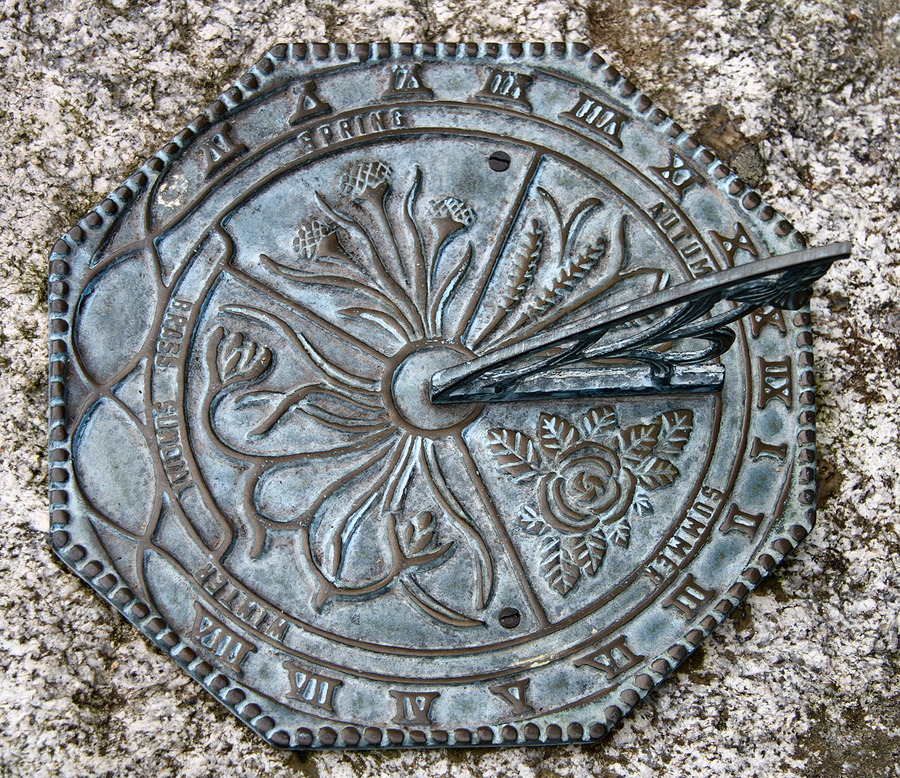
August 24 is the 124th anniversary of the birth of Jorge Luis Borges, and I imagine he’d have appreciated the near-symmetry of those numbers.
As I have done for a number of years, I’m dedicating a blog post to his life and work to mark the occasion.
This post follows up on my tribute from last year, where in honor of his longtime roles as professor and lecturer, I’ve created a self-study/self-directed course that you can work on and complete during 12 weeks this fall.
The format is the same as last year, and while all the readings have changed, they are still contained in two of the major compendiums of his work: Selected Non-Fictions and Collected Fictions.
Each week I have made a selection from the two books, with a short written assignment. Both of these books will have their 25th anniversary next year, which will also mark 125 years of Borges. This means we will see even more interest in and activity around his life and work during that time.
As I noted in 2022, if you do not have access to these books, feel free to use translations from other editions, and/or translations available online. And if you can find and read editions in the original Spanish language, please do so!
Week 1: September 11, 2023
Nonfiction reading:
Time and J.W. Dunne, Selected Non-Fictions, pp 217-219
Fiction reading:
The Circular Ruins, Collected Fictions, pp 96-100
Writing exercise: In 250-500 words, compare the two readings, identifying any themes or ideas they might have in common
Week 2: September 18, 2023
Nonfiction reading:
Coleridge’s Flower, Selected Non-Fictions, pp 240-242
Fiction reading:
The Other, Collected Fictions, pp 411-417
Writing exercise: In 250-500 words, compare the two readings, identifying any themes or ideas they might have in common
Week 3: September 25, 2023
Nonfiction reading:
Flaubert and His Exemplary Destiny, Selected Non-Fictions, pp 390-393
Fiction reading:
“Undr,” Collected Fictions, pp 455-459
Writing exercise: In 250-500 words, compare the two readings, identifying any themes or ideas they might have in common
Week 4: October 2, 2023
Nonfiction reading:
On Literary Description, Selected Non-Fictions, pp 233-235
Fiction reading:
Shakespeare’s Memory, Collected Fictions, pp 508-515
Writing exercise: In 250-500 words, compare the two readings, identifying any themes or ideas they might have in common
Week 5: October 9, 2023
Nonfiction reading:
The Enigma of Edward FitzGerald, Selected Non-Fictions, pp 366-368
Fiction reading:
The Secret Miracle, Collected Fictions, pp 157-162
Writing exercise: In 250-500 words, compare the two readings, identifying any themes or ideas they might have in common
Week 6: October 16, 2023
Nonfiction reading:
A Defense of the Kabbalah, Selected Non-Fictions, pp 83-86
Fiction reading:
The Theologians, Collected Fictions, pp 201-207
Writing exercise: In 250-500 words, compare the two readings, identifying any themes or ideas they might have in common
Midterm
Visit the Borges Center/University of Pittsburgh website. Choose any two sections (for instance bibliographies, and interviews) and write 500-700 words about how the material in that section compares to the readings in the first part of the course.
Week 7: October 23, 2023
Nonfiction reading:
From Someone to Nobody, Selected Non-Fictions, pp 341-343
Fiction reading:
The Sect of the Thirty, Collected Fictions, pp 443-445
Writing exercise: In 250-500 words, compare the two readings, identifying any themes or ideas they might have in common
Week 8: October 30, 2023
Nonfiction reading:
The Wall and the Books, Selected Non-Fictions, pp 344-346
Fiction reading:
The Theme of the Traitor and the Hero, Collected Fictions, pp 143-146
Writing exercise: In 250-500 words, compare the two readings, identifying any themes or ideas they might have in common
Week 9: November 6, 2023
Nonfiction reading:
Circular Time, Selected Non-Fictions, pp 225-228
Fiction reading:
Emma Zunz, Collected Fictions, pp 215-219
Writing exercise: In 250-500 words, compare the two readings, identifying any themes or ideas they might have in common
Week 10: November 13, 2023
Nonfiction reading:
A History of the Echoes of a Name, Selected Non-Fictions, pp 405-408
Fiction reading:
The South, Collected Fictions, pp 174-179
Writing exercise: In 250-500 words, compare the two readings, identifying any themes or ideas they might have in common
Week 11: November 20, 2023
Nonfiction reading:
On Oscar Wilde, Selected Non-Fictions, pp 314-316
Fiction reading:
The Lottery in Babylon, Collected Fictions, pp 101-106
Writing exercise: In 250-500 words, compare the two readings, identifying any themes or ideas they might have in common
Week 12: November 27, 2023
Nonfiction reading:
Forms of A Legend, Selected Non-Fictions, pp 373-376
Fiction reading:
The Duel, Collected Fictions, pp 381-385
Writing exercise: In 250-500 words, compare the two readings, identifying any themes or ideas they might have in common
Final
Return to the Borges Center/University of Pittsburgh website. Choose a different section from the one you included at the midterm, and write 700-1000 words about how the material in that section compares to the readings in the second part of the course.
Please include some material about how the readings in both parts of the course deepened your understanding about Borges’ life, work, writing craft, and creative process.
Bibliography
Borges Center/University of Pittsburgh https://www.borges.pitt.edu/
Jorge Luis Borges: Collected Fictions, Translated by Andrew Hurley, Penguin Books, 1999; 565 pp.
Jorge Luis Borges: Selected Non-Fictions, Translated by Eliot Weinberger, Viking, 1999; 559 pp.
